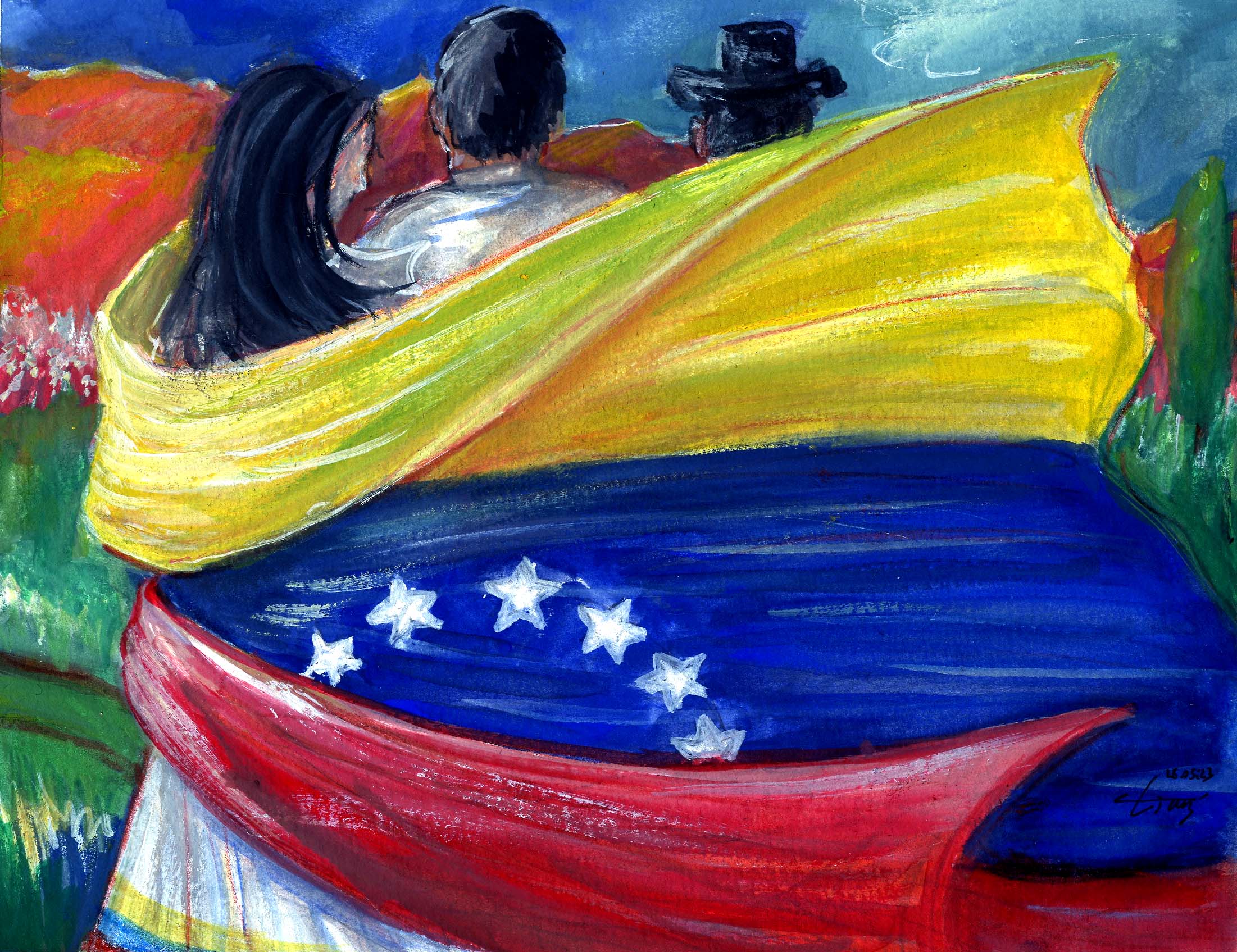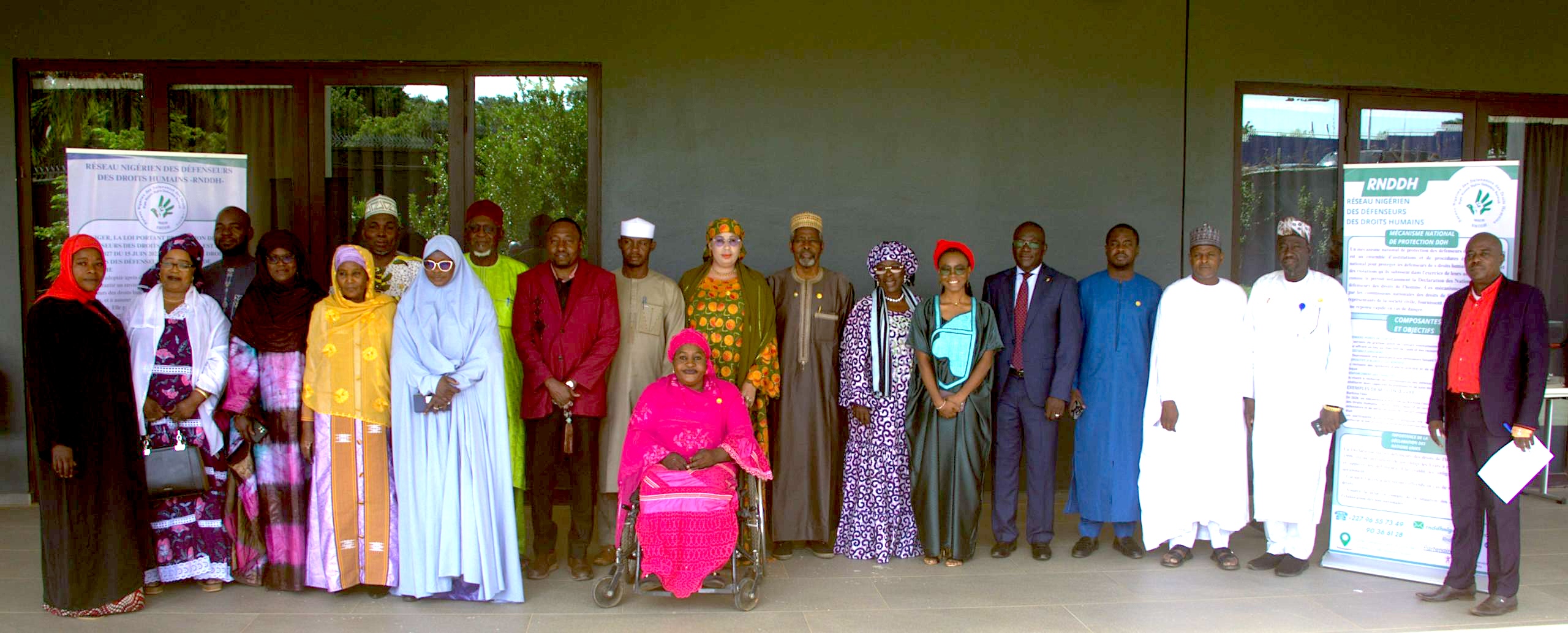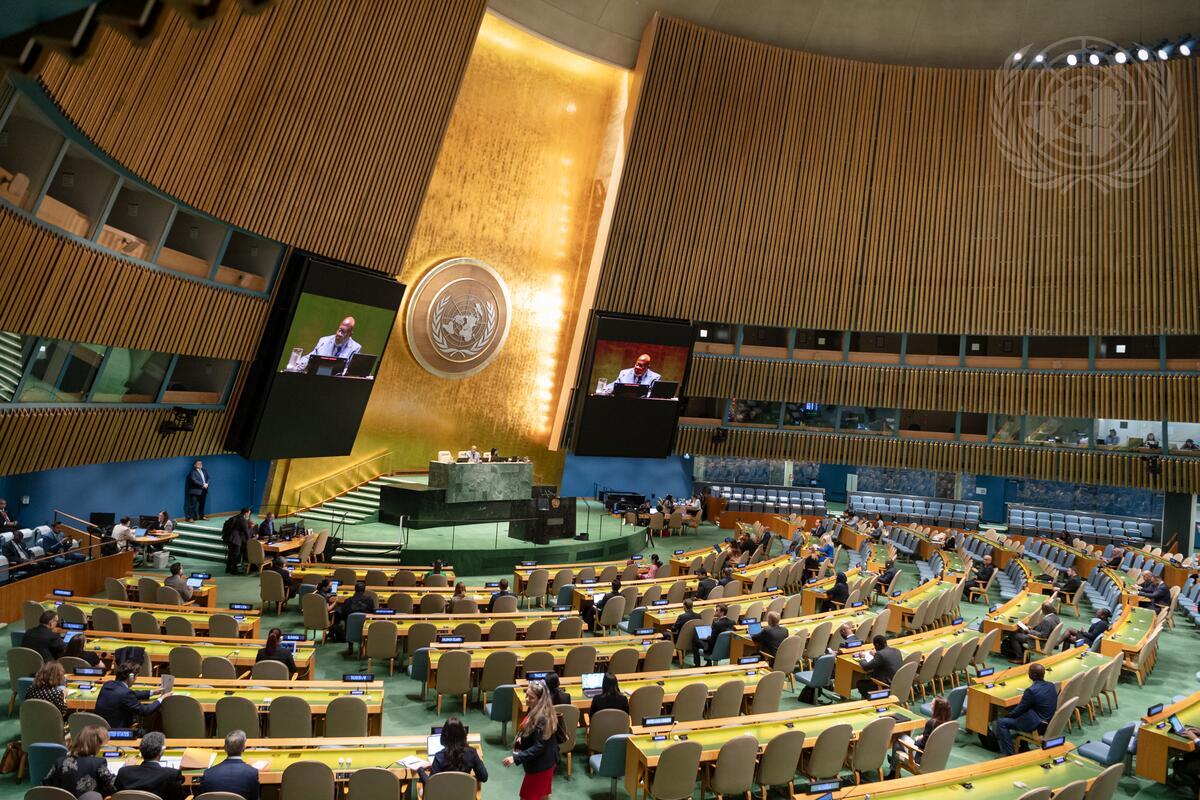The establishment of a national mechanism for the protection of human rights defenders enables the competent authority to develop procedures and coordinate actions necessary for the protection of human rights defenders. The need for this mechanism is urgent in Niger, given the socio-political context of military rule.
As civic space shrinks and the work of defenders is increasingly scrutinised under the criminal code, laws on cybercrime and counterterrorism, rather than under the law on the protection of human rights defenders, the establishment of this mechanism as a regulatory body responsible for the protection of defenders is essential.
Thus, following the adoption of Act 2022-27 of 20 June 2022 defining the rights and duties of human rights defenders in Niger, RNDDH and ISHR invited about fifteen members of the Commission on Justice and Human Rights of the Consultative Council for Refoundation (CCR) of Niger (which acts as the National Assembly). The aim of the workshop was to first present the advantages of the national mechanism, then to discuss the proposed draft decree establishing this mechanism, and finally to invite the participants, in view of their mandate, to formulate recommendations in favour of the adoption of the decree and for the establishment of the national mechanism for the protection of human rights defenders in Niger.
Recognising that the establishment of this mechanism is as essential as the adoption of the law on the protection of defenders, the councillors affirmed their willingness to recommend the establishment of the national mechanism.
As a reminder, the recommendation for the establishment of the national mechanism is not only contained in the Model Law for the recognition and protection of human rights defenders and in the Declaration +25. This recommendation is also in accordance with recommendation 122.125 which was accepted by Niger during the last Universal Periodic Review: ‘take measures to foster a safe, respectful and enabling environment for civil society and human rights defenders (…), free from persecution, intimidation and harassment’.




